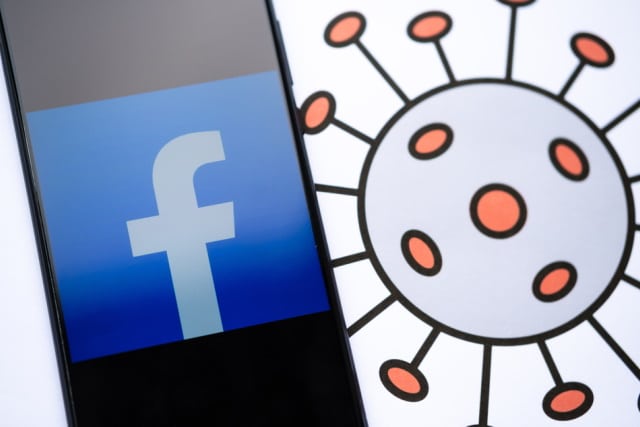Facebook will let you know if you've been reading nonsense about coronavirus

As the world struggles to deal with the coronavirus pandemic, there is another battle taking place online -- the battle against misinformation. Well-aware that its platform is being used to spread false and misleading information about the disease, Facebook is taking action to try to stem the flow.
The social media giant, like other technology companies, has already taken steps to ensure people have access to reliable information, but now it is going further. Facebook will now retroactively alert people who have interacted with "harmful misinformation about COVID-19".
See also:
- US big data firm is using confidential UK coronavirus patient information to build 'COVID-19 datastore'
- Coronavirus means Unicode 14.0 emoji are delayed by six months... so you can still submit ideas
- Twitter's Jack Dorsey donates $1 billion to fund coronavirus research
Facebook is concerned that while it has already introduced measures to fact-check coronavirus-related posts and links that appear on its platform, thought needs to be given to those people who have read and shared stories containing misinformation before they were removed. This is precisely what the latest set of measure aim to address.
Facebook explains:
We're going to start showing messages in News Feed to people who have liked, reacted or commented on harmful misinformation about COVID-19 that we have since removed. These messages will connect people to COVID-19 myths debunked by the WHO including ones we’ve removed from our platform for leading to imminent physical harm. We want to connect people who may have interacted with harmful misinformation about the virus with the truth from authoritative sources in case they see or hear these claims again off of Facebook. People will start seeing these messages in the coming weeks.
"In the coming weeks" is a little vague, and there is a strong argument that notifications should start to be issued to people immediately. But some action is better than none, and in a few weeks is better than not at all.
Image credit: Ascannio / Shutterstock
